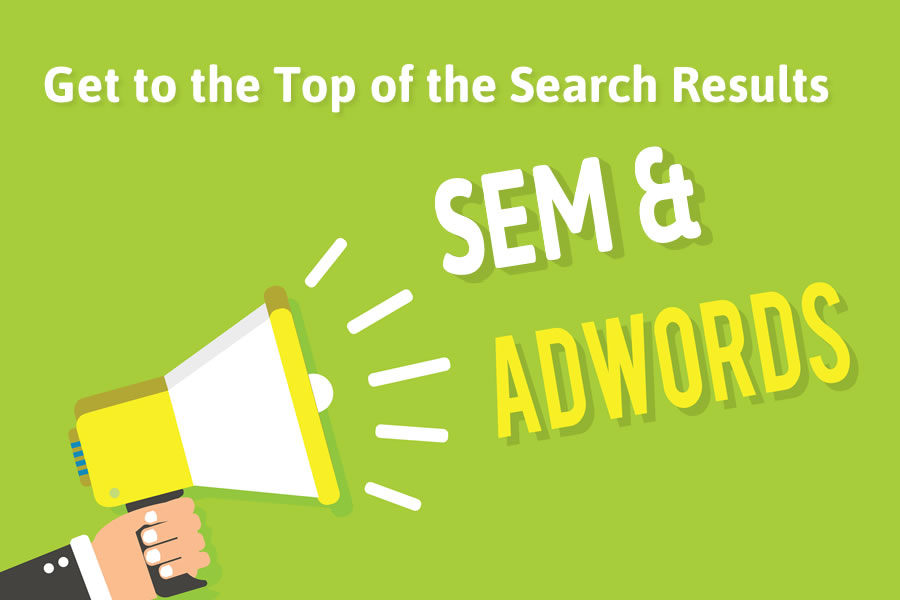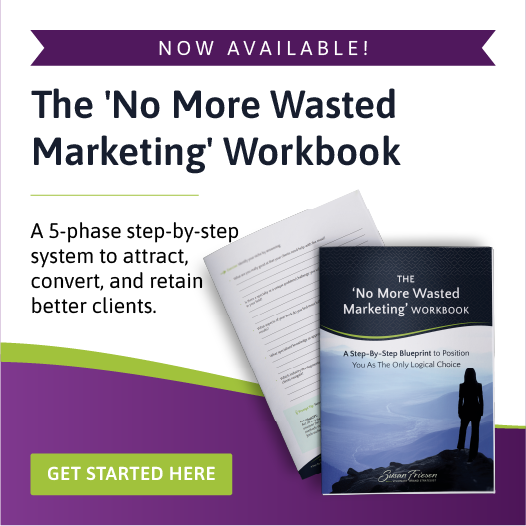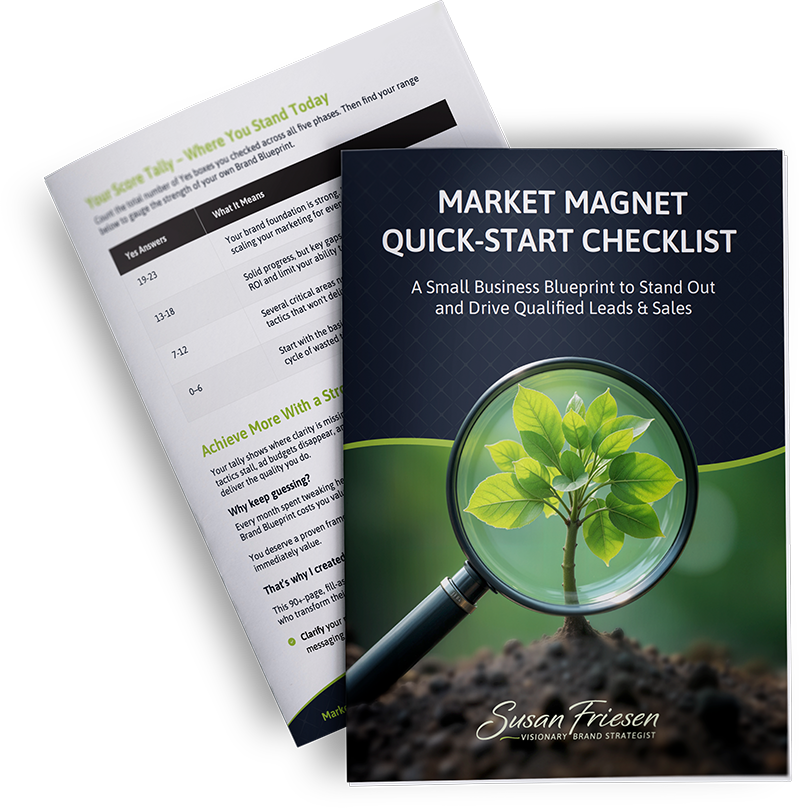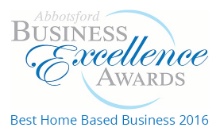How to Create a Powerful SEM eCommerce Strategy
It seems like SEO gets most of the attention when it comes to marketing, but we can’t forget about SEM! Now… what is SEM?
First, let’s go over the basics: SEO stands for search engine optimization. It’s a non-paid effort that centres around optimizing your website and content with words and phrases that people would type into a search engine.
For example, if your eCommerce site sells supplements in Canada, you might utilize a mix of words and phrases including:
- online supplement store canada
- protein shakes for athletes
- women’s probiotics canada
- beetroot extract
As you build trust with Google by providing users with high quality, original content, you will hopefully start to naturally rank higher for the keywords you’ve chosen.
SEM tip: You'll naturally rank higher for chosen keywords in Google by providing high quality, original contentClick To TweetGoogle uses an algorithm to determine which website or page can best answer a user’s query (there are other factors too, including how fast your site is and how long people stay on a page vs. bouncing away after a few seconds).
If you do SEO right, you’ll be rewarded with non-paid or organic traffic, which means people are typing your keywords into the search engine and seeing your website or webpage in the results.
Great! However, SEO takes time.
And, if you’re targeting high-traffic, high-competition keywords, you may never get to the coveted #1 spot in Google.
That’s where eCommerce SEM comes in.
What is SEM?
SEM stands for search engine marketing, also known paid search. The most commonly used paid search tool is Google Ads, so I’m going to focus on that.
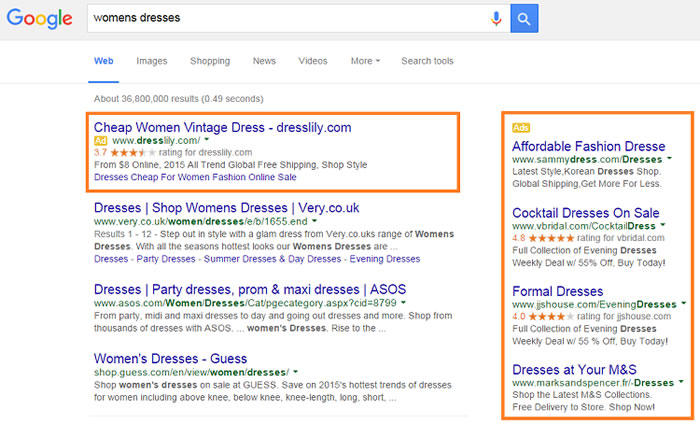
By using SEM for your online store, you’re fast-tracking your way to the top of the search results.
The process of using paid search ads (also called PPC, which stands for pay-per-click) as part of your SEM eCommerce strategy includes:
- Targeting geographic areas
- Creating ad campaigns that target that group
- Writing relevant ad copy that will entice and compel your target audience to click on the ad
- Monitoring continually for clicks, impressions and conversions
You’ll be able to see what the keywords you want to target will cost per click (CPC) in Google Ads.
The cost of your eCommerce SEM depends on how popular a keyword is, and which position you’d like your ad to appear in in the paid results.
For example, targeting a keyword such as “women’s red high heels” for your eCommerce shoe store is going to cost you less than “women’s shoes.”
When using SEM for your online store, you can set a budget per day, per campaign and per keyword so you don’t end up with any surprises!
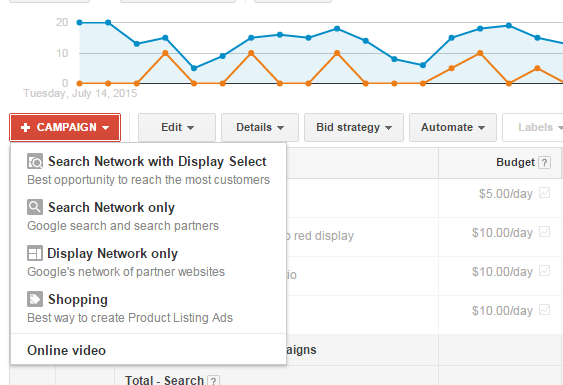
Google Ads lets you target whatever audience you’d like, from time zone to language preference.
You can have your ad appear at certain times, choose keywords you don’t want your ad showing for, adjust bids for each keyword and more.
The success of your SEM online store strategy depends on a number of factors, not just how much you’re willing to pay for each click.
Like I mentioned above, crafting compelling ad copy that entices visitors to click on your ad and monitoring results is a big part of the process.
If you don’t have valuable content or a clear call to action on your website when a visitor lands, you’re not going to get very far.
Moreover, if you’re not constantly tweaking campaigns and analyzing data, you’re wasting your eCommerce SEM budget on unqualified clicks.
We can help! Our methods are geared for optimal results and personalized service. Your online store SEM package will be specifically tailored for your product or service to give you the best results possible. Learn more about what we offer.
Are you a service-based business? Read my blog on SEO Vs SEM: Which Should Service-Based Businesses Focus on?
It’s Not a Battle Between SEO & SEM
Search engine marketing isn’t an either/or game. SEO is still important when you’re focusing on an SEM eCommerce strategy, and vice versa.
An effective SEO/SEM campaign will mean lower costs and higher visibility in Google. If you don’t spend time on SEO and your site takes forever to load, you’re going to waste money on e-commerce SEM.
People are going to click on your ad but not stick around waiting for a website to slowly load. If people are clicking on your ad and quickly leaving your site, Google will lower your Quality Score and raise your CPC.
SEO is a long-term strategy that can help you increase leads and sales. Using SEM can help you get results fast, but remember you’re paying for that traffic. If you can appear in more searches organically, you can reduce your SEM efforts or focus on new paid keywords to boost other areas of your business.
To your business success,
Susan Friesen
P.S. If you liked the article, you might want to subscribe to our newsletter. We publish tons of valuable content to help you learn more about marketing, and subscribing is the best way to ensure you don’t miss out. Additionally, if you’d like to learn more about building a search engine optimized website, click here for our free website guide.
